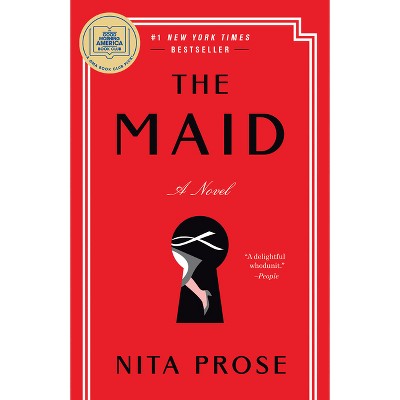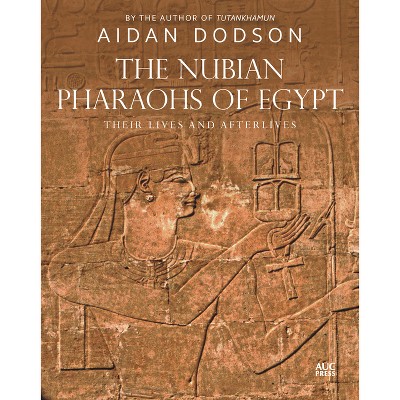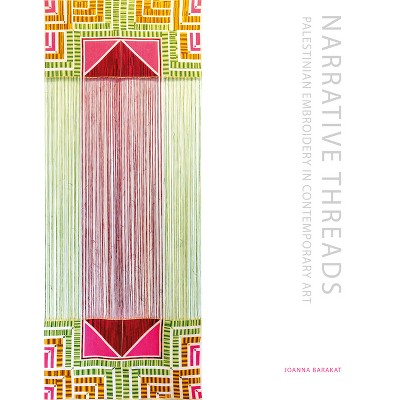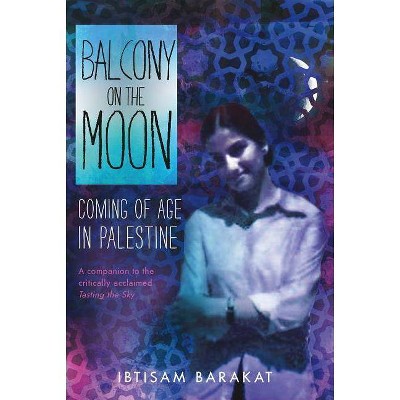Sponsored

Zayni Barakat - by Gamal Al-Ghitani (Paperback)
In Stock
Sponsored
About this item
Highlights
- From one of Egypt's greatest contemporary writers, a historical novel which "succeeds brilliantly" (Robert Irwin, Times Literary Supplement) "In the course of my long travels I have never seen a city so devastated.
- About the Author: Gamal al-Ghitani (Author) (1945-2015) was an Egyptian novelist, literary editor, political commentator, and public intellectual.
- 266 Pages
- Fiction + Literature Genres, Literary
Description
About the Book
"In the course of my long travels I have never seen a city so devastated. After a long time I ventured out into the streets. Death, cold and heavy, hung in the air. Walls have no value here, doors have been eliminated. No one is certain that they will see another day." The Egypt of the Mamluk dynasty witnessed a period of artistic ostentation and social and political upheaval, at the heart of which lay the unsolved question of the ruler's legitimacy. Now, in 1516, the Mamluk reign is coming to an end with the advance of the invading Ottomans. The numerous narrators, among them a Venetian traveler and several native Muslims, tell the story of the rise to power of the ruthless, enigmatic, and puritanical governor of Cairo, Zayni Barakat ibn Musa, whose control of the corrupt city is effected only through a complicated network of spies and informers.Book Synopsis
From one of Egypt's greatest contemporary writers, a historical novel which "succeeds brilliantly" (Robert Irwin, Times Literary Supplement)
"In the course of my long travels I have never seen a city so devastated. After a long time I ventured out into the streets. Death, cold and heavy, hung in the air. Walls have no value here, doors have been eliminated. No one is certain that they will see another day." This historical novel, first published in Arabic in 1974, is set in early-seventeenth century Mamluk Cairo. It traces the career of Zayni Barakat ibn Mousa as Cairo's puritanically moral and ruthless governor, who employs several corps of spies and informers to rule the city. Gamal al-Ghitani uses various narrative devices including diary extracts, police reports, legal decrees, first-person narratives, and religious discourses, which, together with oblique references to the Cairo of Nasser, give the novel the dimensions of a powerful political and historical fable.Review Quotes
"A scorching allegorical critique of totalitarianism-The New York Times
"Succeeds brilliantly" -Robert Irwin, Times Literary Supplement "One of the most successful contemporary Egyptian novels. . . . [with] echoes of Kafka. . . . This novel has a relevance that goes beyond the last days of Mamluk Cairo or the Egypt of Gamel Abdel Nasser."-Banipal PRAISE FOR GAMAL AL-GHITANI: "A novelist of vision and daring."-Edward Said "One of modern Arabic literature's most prominent voices."-Chandrahas Choudhury, The National "Beautiful and tantalizing"-Juan Goytisolo, author of State of Siege on Pyramid TextsAbout the Author
Gamal al-Ghitani (Author) (1945-2015) was an Egyptian novelist, literary editor, political commentator, and public intellectual. He published over a dozen novels, including The Zafarani Files (AUC Press, 2009), as well as several collections of short stories. He was also founding editor of the literary magazine, Akhbar al-adab (1993-2011). He was awarded the Egyptian State Prize for the Novel (1980), the Chevalier de l'Ordre des Arts et des Lettres from France (1987), and the Egyptian State Prize for Literature (2007). In 2015, he received the Nile Award in Literature, Egypt's highest literary honor.
Edward W. Said (Foreword by) (1935-2003), an internationally renowned literary and cultural critic, was professor of English and Comparative Literature at Columbia University, New York. He is the author of many books, including Orientalism and Culture and Imperialism.Farouk Abdel Wahab (Translated by) (1943-2013) was Ibn Rushd Professorial Lecturer in Arabic at the University of Chicago. He was the translator of many works of Arabic fiction, including Gamal al-Ghitani's The Book of Epiphanies (AUC Press, 2012). He won the 2007 Saif Ghobash-Banipal Prize for Arabic Literary Translation for his translation of The Lodging House by Khairy Shalaby (AUC Press pbk, 2008).
Shipping details
Return details
Frequently bought together





Trending Literary Fiction












